2 May 2025 | Afghanistan, Africa, Americas, Asia and Pacific, Belarus, Europe and Central Asia, India, News, Somalia, Turkey, Uganda, United States
Tomorrow marks World Press Freedom Day, a day started in 1993 to remind governments of their duty to protect freedom of the press. This year, the need for this reminder feels more urgent than ever.
In the USA, President Donald Trump has been in office for just over 100 days and already we’ve witnessed attempts to attack independent media and dismantle press freedom. Since the beginning of his second term in office, Index has reported on Trump’s war on truth, on the devastating implications on journalism his cuts to the US Agency for Global Media (USAGM) entities including Voice of America and Radio Free Europe/Radio Liberty (RFE/RL) will have, and how he’s worked to remove critical media from the White House.
Within this context, on World Press Freedom Day, Index has called upon its contributors from around the world, working in countries where they fight for press freedom every day, to reflect on what it means to them and why it is so important we defend it.
SOMALIA
Hinda Abdi Mohamoud, chief editor at Bilan Media
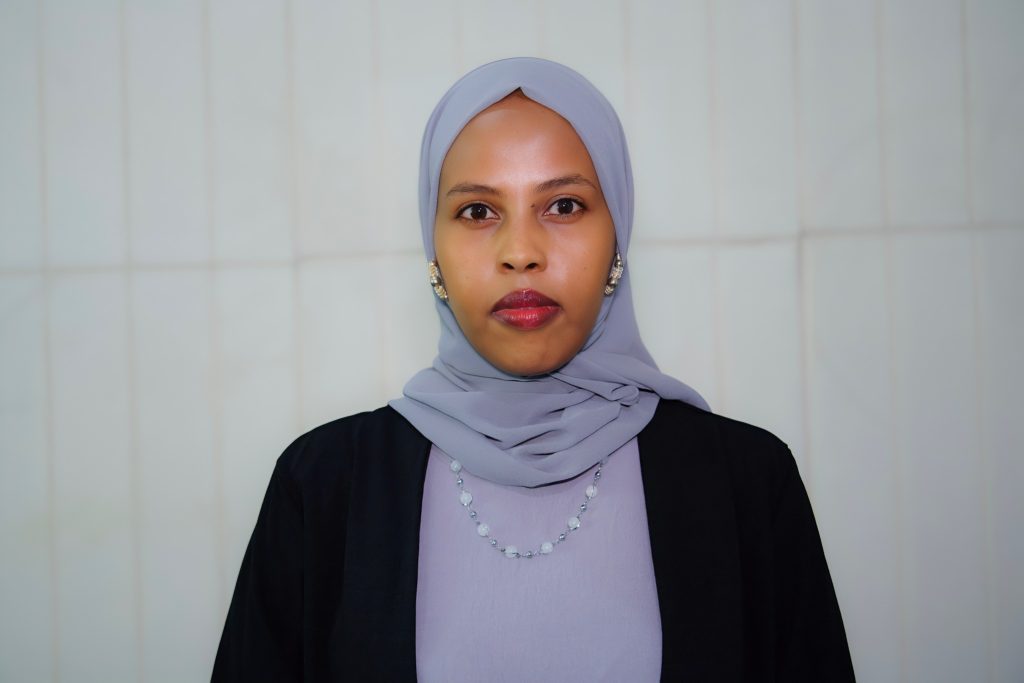
“As a journalist and the chief editor of Bilan Media, the only all-women newsroom in Somalia, I know that press freedom isn’t just important – it’s essential to our survival and our work. In a place where speaking the truth can be dangerous, where women’s voices have long been silenced or sidelined, press freedom is the tool that allows us to challenge injustice, elevate unheard stories, and advocate for real change.
That’s why organisations like Index on Censorship are so vital. They support journalists who risk their safety to ensure the truth is told. They defend journalists’ right to report and protect the public’s right to know.”
TURKEY
Nedim Türfent, journalist
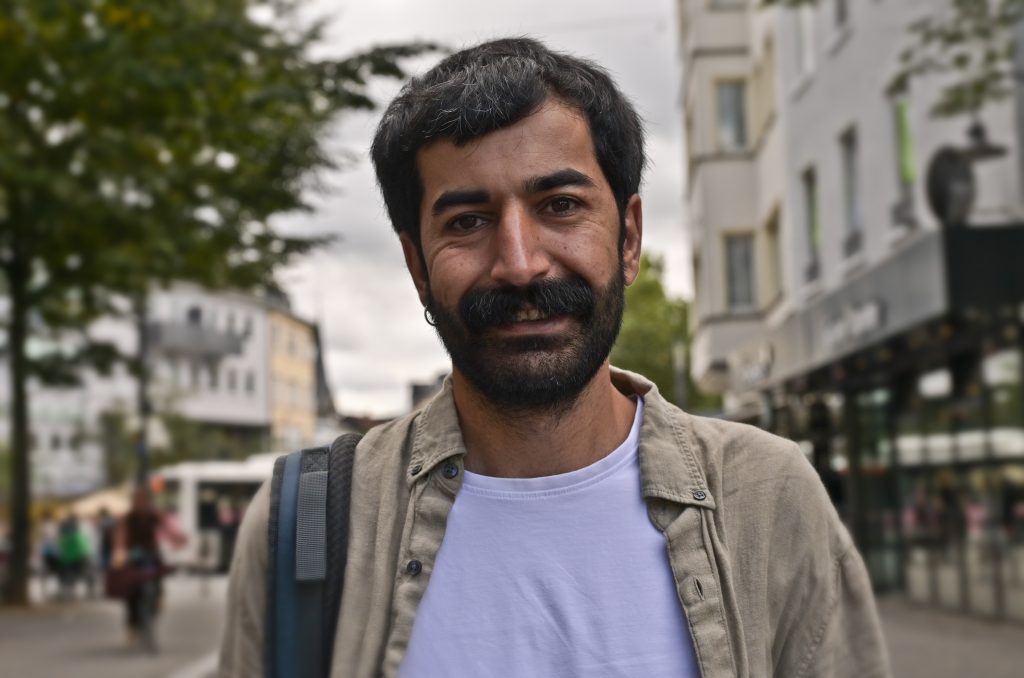
“Freedom of the press is, above all, the first bastion we must defend for the sake of all our other rights and freedoms. Ultimately, in a time and place where the press is not free, it becomes impossible to make our demands for rights visible, known, and heard. If we do not want our rights and freedoms to be dismantled piece by piece, we must be unwavering defenders of press freedom.
The fight for press freedom by international organisations is essential to ensure that the voices of journalists and media outlets facing oppression and persecution anywhere in the world are heard. This cross-border struggle also serves to prevent enemies of press freedom from casually and effortlessly exerting pressure on journalists – as if it were something ordinary. The louder and stronger the voice of international institutions, the more hesitation those enemies will have before violating the rights of journalists.
However, the heavy burden of this struggle should not rest solely on the shoulders of journalists and media organisations. We must remember: when the rights of even a single journalist are violated, the right of thousands of people to access information is also restricted. Shortly, in a world where press and freedom of expression are increasingly eroded, none of our rights or freedoms can be truly guaranteed. It’s that simple.”
AFGHANISTAN
Spozhmai Maani, journalist
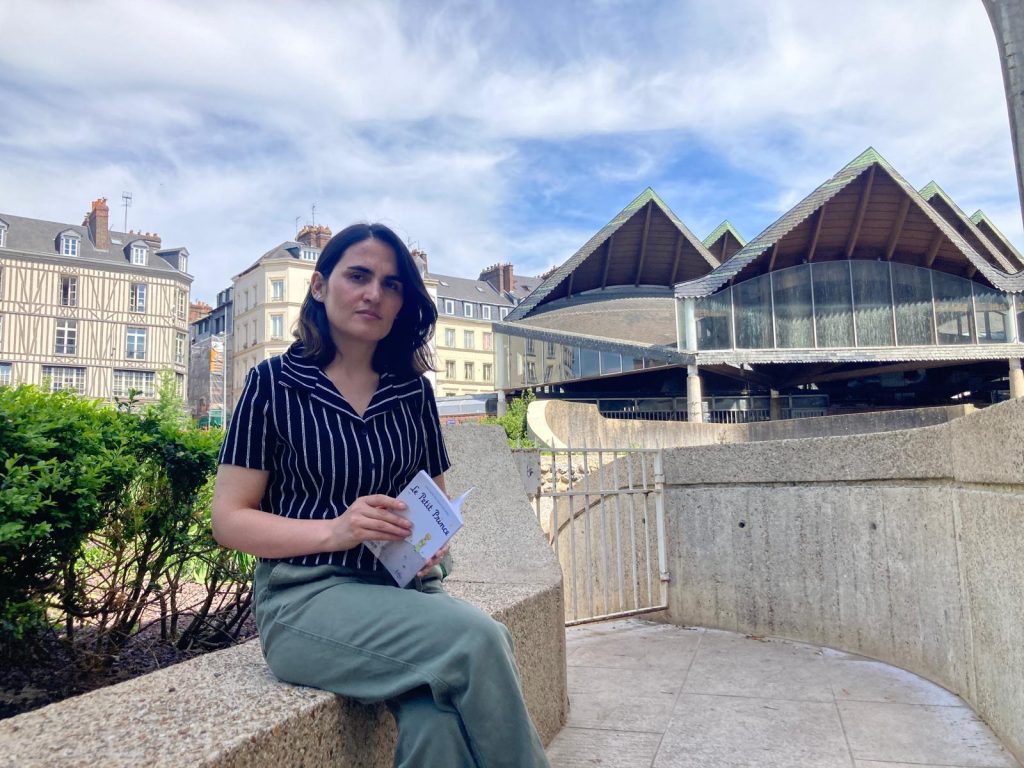
“For me, press freedom is not just a principle, it is a lifeline for truth and justice, especially in places like Afghanistan where silence is often enforced with fear. As a journalist who fled persecution for simply telling the truth, I know firsthand how critical it is to protect the voices that hold power to account. Organisations like Index on Censorship are essential in this fight. They give strength, visibility, and protection to those of us who risk everything to speak out. In a world where even established democracies are seeing press freedom eroded, their work is more urgent than ever.”
INDIA
Salil Tripathi, contributing editor at Index on Censorship
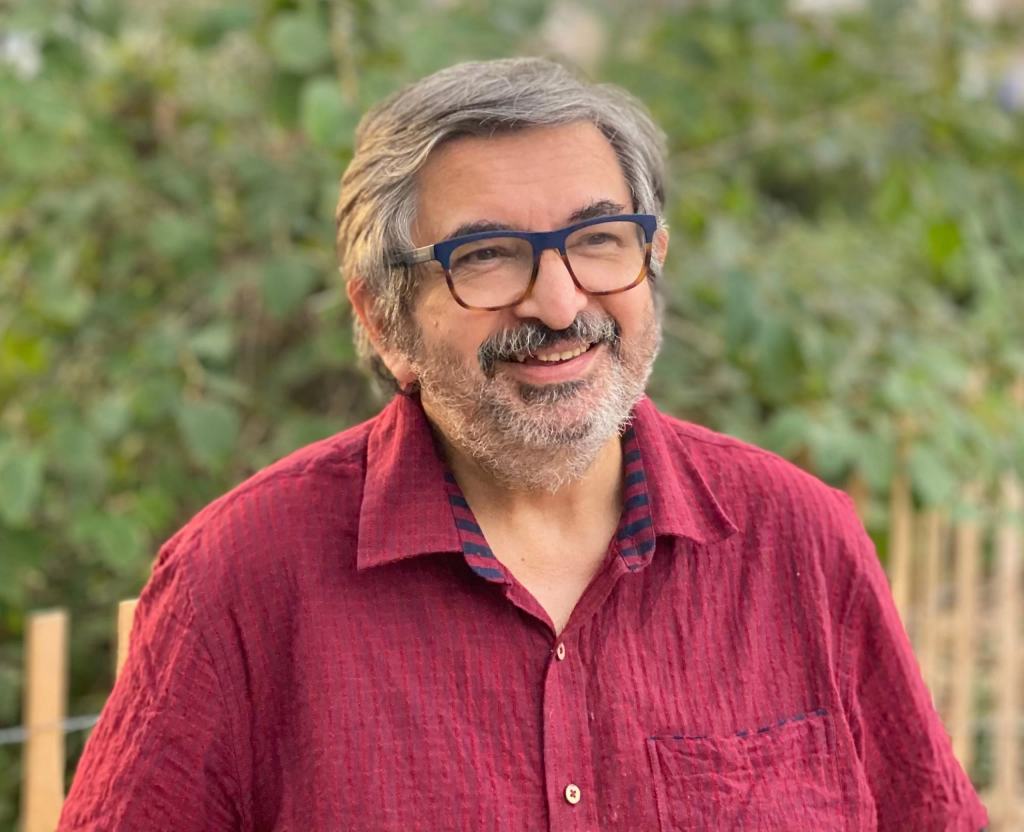
“We only have to look at closed societies from our past and present to know what life is like without press freedom. That some leaders and many people continue to believe in controlling the press – through laws, oligarchs, governments, and intimidation – shows what they are afraid of, and it shows why publications like Index on Censorship continue to matter.”
UGANDA
Danson Kahyana, contributing editor at Index on Censorship
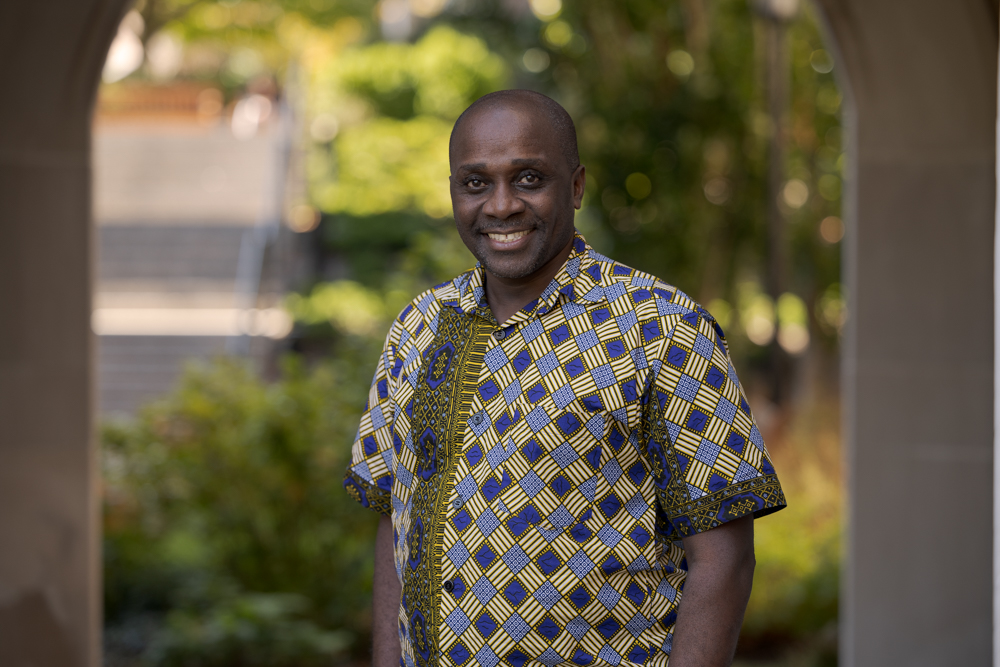
“Press freedom is the foundation of democracy – the press should be able to report on any matter of public importance without fear or favour. The moment press freedom is threatened, expect democracy to rot and die from within because nobody will be able to say, ‘Look – the emperor is naked!’ So nakedness (corruption, impunity, heavy-handedness, tyranny, etc.) will go unreported, thereby weakening institutions into comatose. In Uganda, we have seen this happen: The emperor called General Yoweri Museveni has gotten worse every year that passes. The more power he amasses by weakening institutions like the parliament and the judiciary the more naked he gets. It is because Ugandans have reported on his myriad abuses of power that the world has come to know that all along, he was a tyrant in democracy’s skin.
Because authoritarian regimes wield immense resources to punish critics as a means of stifling dissent, we need organisations like Index on Censorship to shine a light on tyrants’ assaults on freedom. Like witches and wizards, tyrants do their evil work in the safety of the dark. Index and other organisations like it remind the tyrants that someone is watching them, and that sooner than later, they will be held accountable for their misdeeds. In other words, Index and other organisations like it provide an archive of the tyrants’ atrocities that will be used against them in the courts of law. What is happening to former Philippines President Rodrigo Duterte is a good example – the reports against him caught up with him. Besides, by providing constant companionship and solidarity to journalists, Index and other organisations like it embolden the defenders of good governance and human rights in their castigation of impunity.”
BELARUS
Jana Paliashchuk, researcher
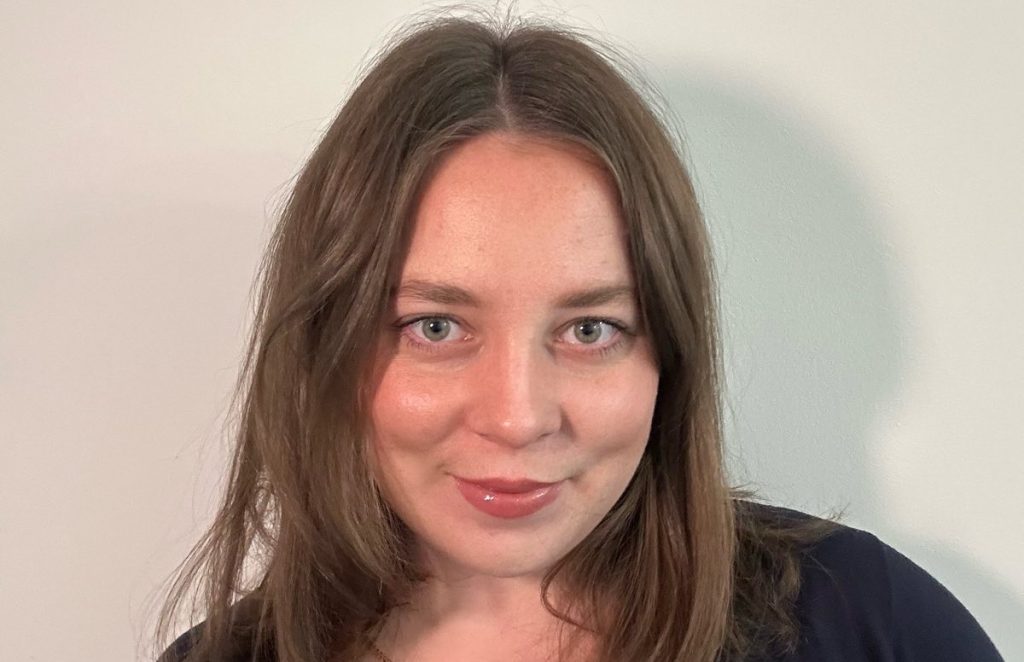
“While press freedom is a basic right in many countries, for millions of Belarusians it’s been denied for three decades under Aliaksandr Lukashenka’s dictatorship. Speaking out against repression often leads to prison – and journalists are hit hardest.
Today, 40 media workers are behind bars in Belarus for simply doing their jobs. Journalists like RFE/RL’s Ihar Losik and Belsat TV’s Katsiaryna Andreyeva. are serving harsh sentences and enduring torture behind bars. Other journalists were forced into exile, continuing their work from abroad, while Belarusians inside the country risk punishment just for reading independent news.
This may sound grim, but it’s the reality in Belarus, a European country. That’s why defending press freedom matters. It may seem like a solid foundation of society, but it’s as fragile as glass.”
1 May 2025 | Europe and Central Asia, News, Turkey
In the 2024 World Press Freedom Index published by Reporters Without Borders, Turkey ranked 158th among 180 countries. Just days before the release of this year’s index, 37 journalists remain imprisoned in the country, according to the Media and Law Studies Association (MLSA), an NGO defending freedom of the press in Turkey.
However, evaluating violations of freedom of thought and press solely based on the number of jailed journalists would be insufficient, as pressure on journalism intensifies daily in a number of ways.
Even though the first four months of the year are not yet over, 60 journalists have been detained so far. Among them, 25 have been arrested. These numbers are according to monthly reports from the Kurdish journalist organisation Dicle Firat Journalist Union (DFG). One of those arrested was Joakim Medin, a reporter for Swedish newspaper Dagens ETC.
On 27 March, Medin was taken into custody on charges of “membership in an armed terrorist organisation” and “insulting the president”, and just one day later, he found himself in a Turkish prison cell. On Wednesday this week, he was given an 11-month suspended sentence for “insulting the president”, and remains behind bars while he awaits a trial on the second charge. Additionally, three foreign journalists who entered Turkey for reporting purposes have been deported this year alone, according to DFG.
For some journalists, the repressions have been fatal. Within the first two months of the year, Kurdish journalists Aziz Köylüoğlu and Egît Roj were killed in Turkish drone strikes targeting Syria’s autonomous Rojava region – controlled by the Syrian Democratic Forces (SDF) – and Iraq’s Kurdistan region. Over the past 10 months, seven Kurdish journalists have been killed in Turkish airstrikes (some confirmed, some suspected). Despite the gravity of these killings, the international media have largely ignored what human rights organisations have described as war crimes.
Another journalist arrested this year is Yıldız Tar, editor-in-chief of KaosGL.org, known for reporting on violations against the LGBTQ+ community. Detained in Istanbul on 21 February, Tar spoke to Index on Censorship from prison, via his lawyer.
Tar said that the judiciary is criminalising journalistic work, and that interviews with women’s rights defenders and LGBTQ+ activists are treated as criminal evidence.
“For a long time now, the judiciary has failed to define journalism as an activity tied to the public’s right to be informed,” Tar wrote to Index. “Instead, it is framed within a security-focused paradigm. Unfortunately, we cannot talk about an independent judiciary in Turkey. The political power’s anti-LGBTI+ stance also influences the judiciary.”
With World Press Freedom Day in mind, Tar said: “We have no choice but to defend journalism. Journalism is not only journalists’ concern. When we are imprisoned, both the public’s right to information and our mission to be the voice of the voiceless are violated. The oppression and injustices remain unheard. All institutions must act accordingly to this reality.”
Beyond the record number of imprisoned journalists, detentions have become almost systematic in Turkey. Many detained journalists are released under judicial control measures such as regular reporting to the police, travel bans or house arrest. These increasingly common practices not only function as punitive measures but also significantly hinder journalistic work. Measures that should be exceptional have become the norm. For example, a single social media post may result in house arrest, and criticising the government might be enough to trigger a travel ban.
One of the many journalists who has been detained multiple times is Kurdish reporter Erdoğan Alayumat. With several lawsuits and investigations pending, Alayumat is under judicial control and must go to the police headquarters to give his signature weekly in Istanbul.
Speaking to Index, Alayumat said: “If you’re Kurdish and critical, journalism in Turkey becomes nearly impossible. I was arrested in 2017 and spent one year in prison. I was acquitted of all charges. Then, I was arrested again last year and later released. How easy do you think it is to work under the shadow of ongoing trials and investigations?”
Alayumat explained that judicial control functions as punishment, even without a trial.
“Living under judicial control is very difficult. Dozens of journalists are in prison, but hundreds more are forced to live under such restrictions. I couldn’t leave Istanbul for a long time because I wasn’t allowed to leave the city. This made it impossible to do my job. I also have a travel ban, and no one knows when it will be lifted. Going to the police station every week is exhausting – especially when you have to face the same officers who raided your home and detained you violently,” he said.
He added that this situation has had a severe psychological and economic toll and that journalists in Turkey continue their work at a great cost.
Last year, 36 journalists were sentenced and 53 acquitted in Turkey, and these trials resulted in nearly 100 years of cumulative prison sentences.
In addition to grotesque judicial repression, journalists in Turkey also face police violence. Especially during street protests and public demonstrations, journalists documenting police aggression often become victims of it themselves.
Following the arrest of Istanbul Metropolitan mayor Ekrem İmamoğlu in March, several journalists covering mass protests in Istanbul were injured due to police violence. One of them was İlke TV reporter Eylül Deniz Yaşar.
Speaking to Index, Yaşar recounted both her own and her colleagues’ experiences of police brutality.
“While documenting the police’s disproportionate response to protesters, we were physically assaulted. One officer sprayed tear gas directly into my eye at close range. I couldn’t open my eye for half an hour, and my vision remained blurry for hours. I feared permanent damage. Another journalist’s nose was broken. Someone else suffered head trauma. I’m not even counting verbal abuse and harassment,” she said.
She believes the police are now trying to build a “new press regime” in Turkey.
“Police are becoming the architects of this regime. They want to decide where, what and how we film. It’s getting harder to go out in the field,” she said. “I’m one of many journalists frequently detained. My home has been raided twice – home raids have become routine.”
Yaşar added that the repression journalists face in Turkey reminds them of “World War documentaries”.
“Like the terrifying scenes from those times. It feels like we’re living in a dystopian horror film,” she explained.
As Erdoğan’s regime seeks to suffocate journalism with both judicial stick and police baton, critical journalists in Turkey continue to resist – armed with the power of the camera and the pen, at great personal sacrifice.
11 Oct 2024 | Brazil, Israel, Mexico, News, Newsletters, Palestine, United States
Hello, readers. This is Sarah Dawood here, the new editor of Index on Censorship. Every week, we bring the most pertinent global free speech stories to your inbox.
This week, headlines have been dominated by the ongoing devastation of the war in the Middle East, where the death toll is now more than 42,000 in Gaza, and more than 2,100 in Lebanon. Monday also marked a painful milestone for Israelis and Jewish people everywhere, as the first anniversary of Hamas’s attacks, which killed 1,200 people. You can read Jerusalem correspondent Ben Lynfield’s forensic analysis on the region’s risks to journalists and press freedom below.
Attention has also been on the destructive Hurricane Milton in Florida, which has killed at least 16 people. The climate event has resulted in human tragedy, physical damage and the distortion of truth, with false information and AI-generated images accumulating millions of views on social media, including a fabricated flooding of Disney World in Orlando. Such imagery has been seized upon by hostile states, far-right groups, and even US politicians to advance their own aims: Russian state-owned news agency RIA Novosti reposted the fake Disney World photos to its Telegram channel, whilst Republican members of Congress have proclaimed conspiracy theories of government-led “storm manufacturing”. This emphasises how crises can be manipulated and monopolised to stir up division.
But while disinformation can undermine democracy, so too can information blockades. This brings us to some important stories coming out of Latin America. In Brazil, the social media platform X is now back online after a shutdown in September. The platform was banned by a top judge during the country’s presidential election campaign, in an attempt to prevent the spread of misinformation. But as Mateus Netzel, the executive director of Brazil-based digital news platform Poder360 told Reuters, social media bans not only restrict public access to information, but can undermine journalists’ ability to gather and report on news. Elon Musk himself was using X to post about the development of the ban, but this was inaccessible to Brazilian journalists. “In theory, there are journalists and outlets who do not have access to that right now and this is a very important restriction because they need to report on this issue and they will have to rely on indirect sources,” said Netzel.
We also heard frightening news from Mexico, where a local politician was murdered and beheaded just days after being sworn in as city mayor of Chilpancingo. Whilst we don’t yet know the reason that Alejandro Arcos Catalán was killed, his murder is yet another example of journalists, politicians, and other public figures being routinely targeted by criminal gangs. Bar active war zones, Mexico has consistently been the most dangerous country in the world for journalists, topping Reporters Without Borders’ list in 2022.
Meanwhile, in El Salvador, climate activists are being silenced through false imprisonment. Five protesters, who fronted a 13-year grassroots campaign to ban metal mining due to its devastating environmental impacts are now facing life in prison for the alleged killing of an army informant in 1989. The charge has been condemned by the UN and international lawyers as baseless and politically motivated, and echoes heavy-handed prison sentences being handed to climate protesters globally, including in democratic countries. As Index’s Mackenzie Argent reported last month, human rights lawyers have called out the UK’s hypocrisy in claiming egalitarianism whilst disproportionately punishing environmental activists, pointing specifically to the sentencing of Just Stop Oil’s Roger Hallam to five years in prison in July. These two stories, although taking place 5,000 miles away from each other, underline how climate defenders are currently on the front line of attempts to be silenced.
4 Oct 2024 | Israel, News, Newsletters, Palestine, Sudan
If a tree falls in a forest, and no one is around to hear it, does it make a sound? This well-known philosophical question most likely stems from the work of 18th century philosopher George Berkeley, who questioned the possibility of “unperceived existence”. In other words – did something really happen if no one is around to witness or perceive it?
This might seem a lofty and pretentious way to start this week’s Index newsletter. But the first-hand observance and subsequent documentation of events is the fundamental basis of rigorous journalism, and enables injustices to be accurately reported around the world. It provides us with the ability to understand truth from falsehood. And it is being increasingly undermined.
Journalistic “black holes” are appearing in conflicts globally, stopping the world from being able to witness what is happening on the ground, and therefore causing us to question reality.
Since the start of the Israel-Hamas war, triggered by Hamas’s incursion into Israel on 7 October 2023, Israel has banned foreign media access in Gaza. Only very limited international news crews are allowed in under strict conditions. This has left the world reliant on press statements, the words of government officials, and individual Palestinian journalists, who have risked their lives to showcase the brutality of the war on social media.
And many have lost their lives in the process. According to investigations by the Committee to Protect Journalists (CPJ), as of 4 October 2024, at least 127 journalists and media workers are among the more than 42,000 Palestinians and 1,200 Israelis killed since the war began, making it the deadliest period for journalists since the organisation started gathering data in 1992. The CPJ has determined that at least five of these journalists were directly targeted.
Major broadcasters have also been targeted. Last month, Al Jazeera’s office in the West Bank was raided and shut down for 45 days by Israeli soldiers, following the closure of the channel’s East Jerusalem office in May, on claims that they are a threat to Israel’s national security. But as Al Jazeera English’s Gaza correspondent Youmna El Sayed writes for Index this week, such shutdowns of legitimate news providers prevent global audiences from being able to see the pain and suffering that is being endured by both Palestinians and Israelis, encouraging misinformation to propagate.
As hostilities escalate across the Middle East, news channels continue to be curtailed. This week, an air strike destroyed the headquarters of the religious al-Sirat TV station in Beirut, Lebanon, on grounds that it was being used to store Hezbollah weapons, a claim which Hezbollah denies. Foreign correspondents are, however, still allowed in Lebanon – but in Iran all broadcasting is controlled by the state, with foreign journalists barred, meaning access to objective reporting is essentially impossible.
Outside of the region, other countries’ severe reporting restrictions and intimidation of journalists have made it difficult for global audiences to comprehend what is happening in conflicts. This includes Kashmir, the disputed mountainous region between India and Pakistan, and Sudan, where it is estimated that 90% of the country’s media infrastructure has been wiped out by the civil war.
What is the impact of this? The worrying rise in press suppression not only creates huge risks for journalists, but severely curtails people’s ability to understand geopolitics, conflict, and in future, historical events. It stops us from being able to weigh things up and form opinions based on what we have perceived.
Ultimately, it is impossible for any news producer, whether they be an individual correspondent or a major broadcaster, to be truly “objective”. People are driven by motives, both emotional and financial, and their own lived experiences. A news organisation, backed by a particular country or group, will appear truthful to some and severely biased to others.
But the only way to ensure some level of objectivity is to retain access to a broad range of sources, from the BBC to Al Jazeera, helping us form a more rounded world view. To go back to Berkeley’s philosophical analysis, the only way to verify the truth is to have the privilege of witnessing the evidence. Without this, it becomes virtually impossible to be able to tell fact from fiction.






